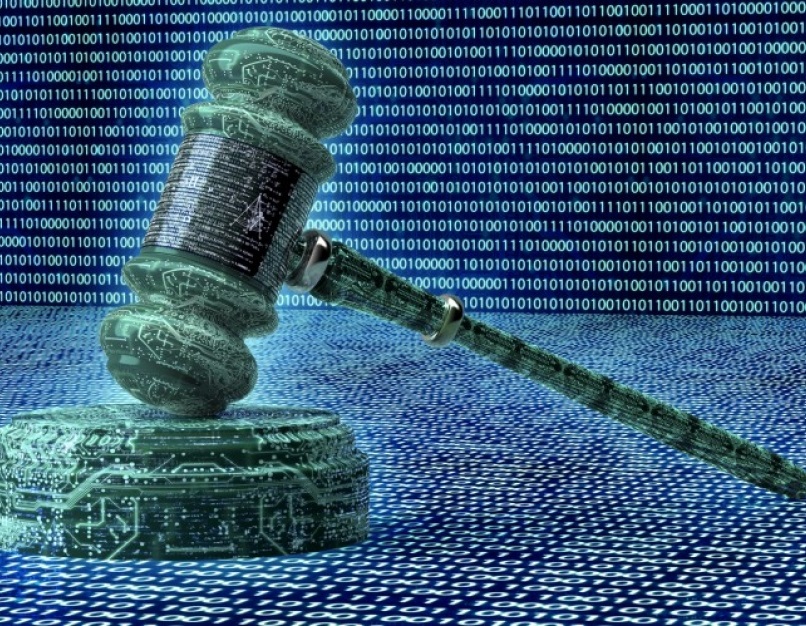The world is currently experiencing a technological revamp, with emerging technologies such as artificial intelligence (AI), blockchain, and the Internet of Things (IoT) gaining acceptance and impact on various sectors. These advancements offer innumerable benefits to society, ranging from improved efficiency, lower costs and increased productivity. However, as emerging technologies continue to grow, they present unprecedented legal and ethical dilemmas in the cybersecurity space. Cyber Law, a subcategory of law that focuses on cybercrime and other online offenses, is at the forefront of this challenge.
Artificial Intelligence (AI) is gradually becoming a ubiquitous technology, with applications in almost every sector, including the legal profession. AI can be used to draft contracts, conduct legal research, and manage electronic discovery. Cyber Law considerations around AI include the fairness, accountability, transparency and safety of the automated decisions taken by the system. Ethical questions may arise when AI is unfairly utilized to influence legal outcomes, for instance, denying bail based on racially biased algorithms. The legal field, in turn, must adapt to the potential threat that AI may pose with respect to cybersecurity. Malicious actors may use AI to perpetrate advanced cyberattacks that are difficult to detect and mitigate.

The Internet of Things (IoT) encompasses ‘smart’ devices, home appliances, and other electronics designed to facilitate an interconnected environment. The widespread adoption of IoT has considerably expanded the surface area for cyber attacks. IoT devices are often sold without any basic cybersecurity features, putting users at risk of theft, fraud or even physical harm. Thus, the legal framework surrounding IoT must be robust, with regulations ensuring that cybersecurity measures are taken to mitigate any vulnerabilities.
The blockchain is a decentralized and transparent method of record-keeping technology that uses cryptography to validate and secure transactions, making it virtually un-hackable. This technology has primarily been used for cryptocurrencies, but its potential applications extend to smart contracts, voting systems, and even property titles. The legal system faces a unique challenge in terms of jurisdiction, as blockchain is global, decentralized and immutable. In addition, blockchain use may lead to a conflict of laws, in which multiple jurisdictions purport to apply their respective laws to the same blockchain or smart contract.
Emerging technologies such as AI, blockchain, and IoT have brought undeniable progress and innovation to the various sectors of society. However, cyber Law is struggling to evolve at the same pace as the innovations are advancing, resulting in legal loopholes and ethical considerations. Legal practitioners and policy makers must be proactive in developing a legal framework that addresses these emerging technologies, ensuring that cybersecurity and data privacy concerns are taken into account while maximizing the benefits delivered by these new technologies.





